Dhaka, Sep 27 (V7N): While it’s well-known that pregnancy transforms a woman’s body, new research highlights that changes in the brain are equally profound. Based on brain scans of a healthy 38-year-old woman over two years, scientists have developed the first comprehensive map showing how the brain undergoes transformation during pregnancy.
Published in Nature Neuroscience, the study revealed a dynamic reorganization in the mother's brain, with changes occurring systematically throughout the pregnancy. Nearly all parts of the brain showed shifts in function and anatomy, particularly in areas involved in social and emotional processing. Some changes even persisted for two years post-birth.
Though the study focused on one woman’s pregnancy, it contributes to the growing understanding that motherhood—referred to as matrescence—is a critical developmental stage. Researchers are discovering how hormonal fluctuations during pregnancy overhaul the brain, similar to changes during adolescence or menopause.
"It seems the human brain undergoes a choreographed transformation during gestation, and we finally observed this change in real time," said lead author Emily Jacobs from the University of California, Santa Barbara.
Widespread Brain Changes Documented During Pregnancy
The research examined the brain of Elizabeth Chrastil, a neuroscientist at the University of California, Irvine. MRI scans were taken every few weeks starting before pregnancy and continued for two years after childbirth.
“This was an intense undertaking,” said Chrastil, who underwent 26 scans. Researchers identified sweeping neuroanatomical changes that progressed week by week, including shifts in grey matter volume, cortical thickness, white matter microstructure, and ventricle volume.
"The findings are remarkable, demonstrating that pregnancy can alter the brain as significantly as other life stages like adolescence," said Clare McCormack, a neuroscientist at New York University Langone Health, who was not involved in the study.
White matter tracts, which transmit information between brain regions, grew stronger in the second trimester. Chrastil’s brain saw over 80% of its grey matter volume reduced, although this wasn’t necessarily negative. Researchers liken it to refining the brain’s neural circuits, preparing it for motherhood.
"This adaptive process allows the brain to become more specialized," explained Jacobs.
Implications for Pregnancy Health
These brain changes were associated with hormone level shifts, particularly estrogen and progesterone. However, the study doesn’t yet clarify how these anatomical changes influence maternal psychology or health. Future research is underway to explore how these changes impact conditions like postnatal depression and preeclampsia.
"This research is a step toward understanding and treating perinatal mood and anxiety disorders, which affect up to 1 in 5 women post-birth," said McCormack.
Chrastil, however, emphasized that there’s still much to learn: “We’re only beginning to scratch the surface of understanding the brain during pregnancy.”
Limited Research on Pregnancy’s Impact on the Brain
The study authors noted the “shocking” lack of research on pregnancy's effect on the brain, despite the considerable neurological changes it entails. Jacobs pointed out that less than 1% of brain imaging studies over the past 30 years have focused on women's unique health factors, such as pregnancy.
The research kicks off the Maternal Brain Project, an international initiative aimed at understanding pregnancy's impact on maternal brain function. Larger studies involving more women and their partners are being conducted in the US and Spain.
END/MSS/



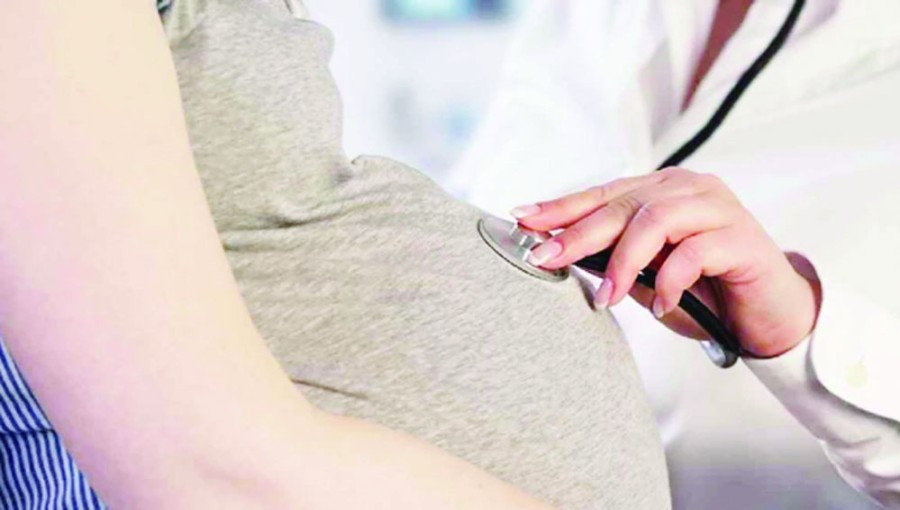
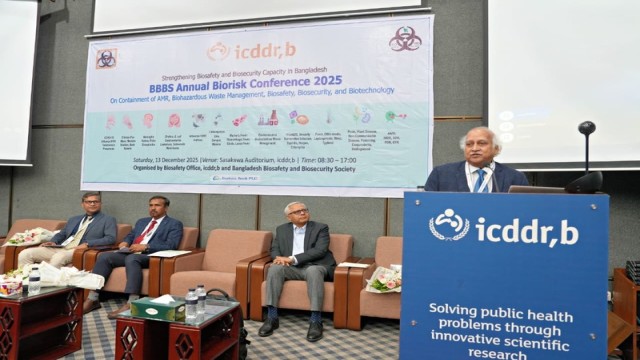
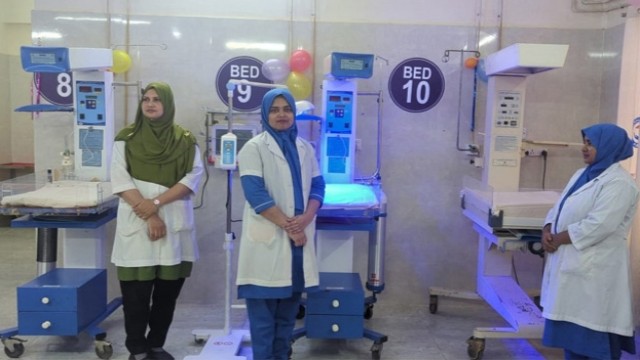


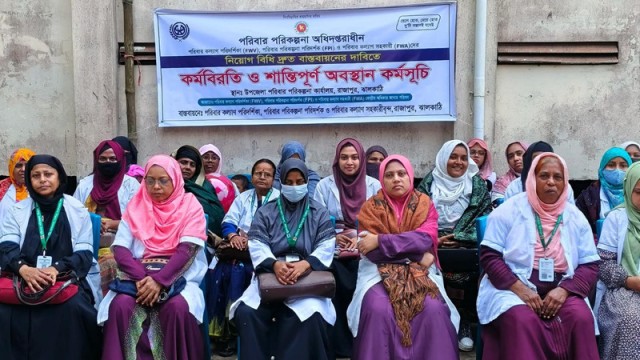










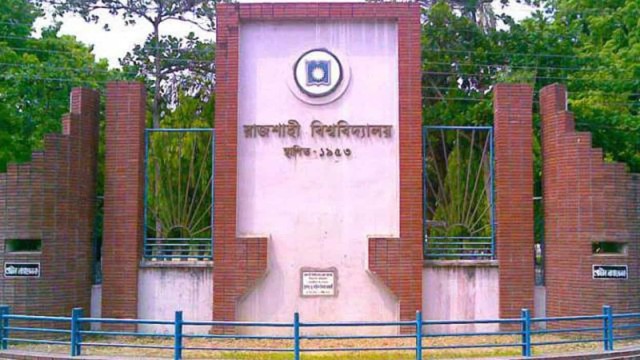











Comment: